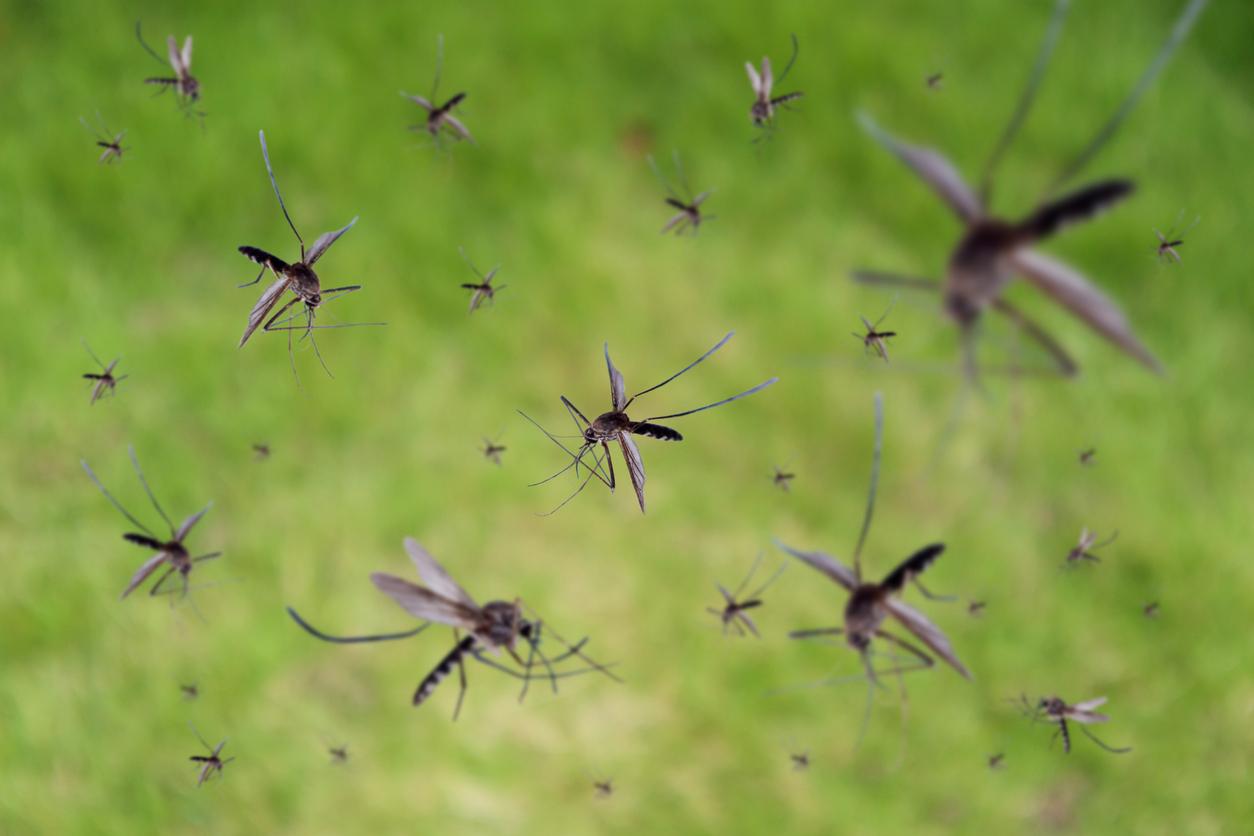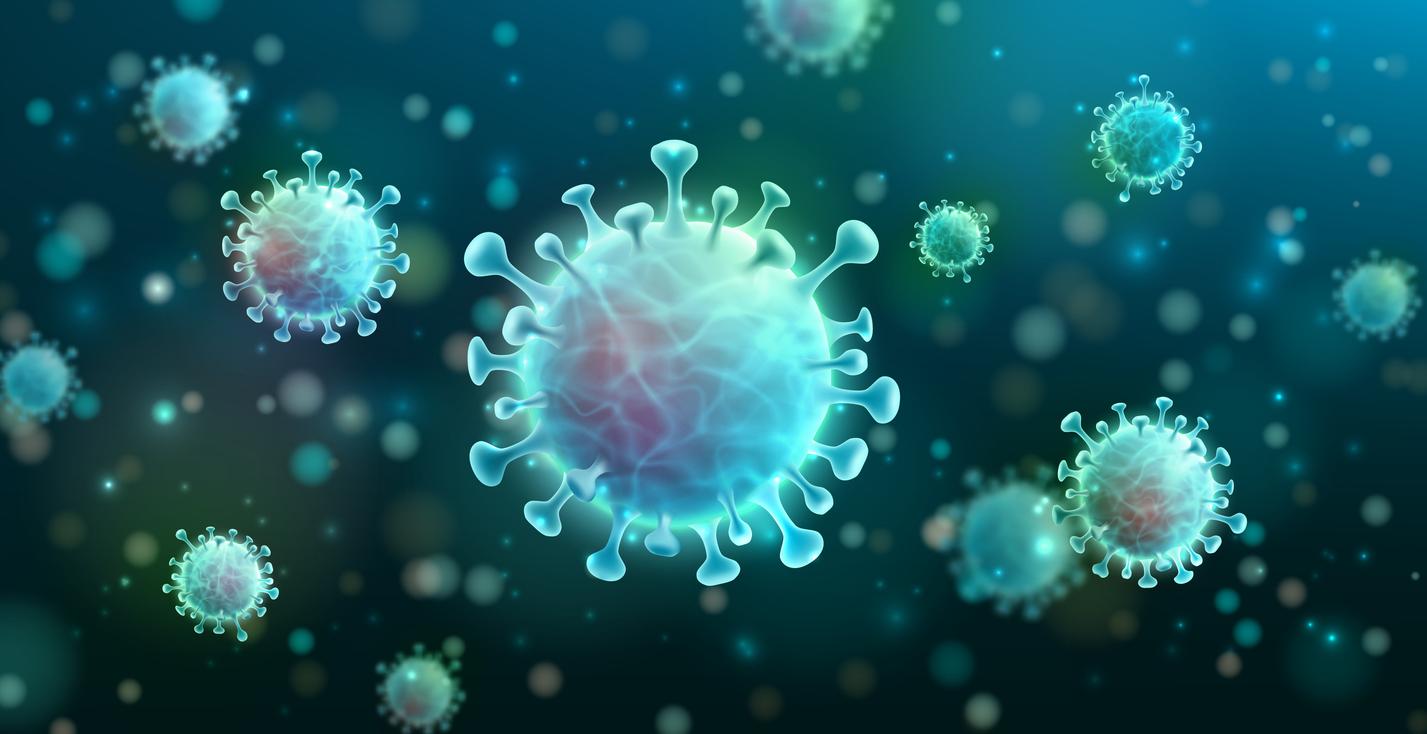The international health authority names 17 bacteria, viruses and parasites that regularly cause illness in populations as top priorities for developing new vaccines.

- As part of a study, international and regional experts identified, at the request of WHO, 17 priority endemic pathogens for which new vaccines must be researched, developed and used.
- The work reconfirms long-standing vaccine research and development priorities, particularly for HIV, malaria and tuberculosis, three diseases which together claim nearly 2.5 million lives each year.
- Specialists also highlight the dangers of group A streptococcus, which contributes to some 280,000 deaths from rheumatic heart disease each year, and Klebsiella pneumoniae, a bacteria associated with 790,000 deaths in 2019.
“To date, global priorities for research and development of new vaccines have not been systematically identified for endemic pathogens.” This was reported by the World Health Organization (WHO). This is why, as part of the 2030 Vaccination Program, the aim of which is to ensure that everyone, in all regions, can benefit from vaccines that protect them against serious diseases, it has provided a new list of bacteria, viruses and priority endemic parasites.
Vaccines: 17 priority endemic pathogens
To achieve this classification, the health authority conducted a study published in the journal eBioMedicine. She “draws on extensive regional expertise and data to evaluate vaccines that would not only significantly reduce the diseases that greatly affect communities today, but also reduce the medical costs faced by families and health systems. health are faced”, said Kate O’Brien, director of WHO’s immunization and biologicals department, in a press release.
The institution asked international and regional experts to identify the factors most important to them when deciding which vaccines to introduce and use. Analysis of these preferences, combined with regional data for each pathogen, identified the 10 priority pathogens for each WHO region. The regional lists were then consolidated to form the global list, resulting in 17 priority endemic pathogens for which new vaccines should be researched, developed and used.
Bacteria, viruses, parasites… Vaccines are at different stages of development
Pathogens for which vaccine research is needed:
- Group A Streptococcus, which contributes to an estimated 280,000 rheumatic heart disease deaths each year primarily in low-income countries
- Hepatitis C virus
- HIV-1
- Klebsiella pneumoniae, a bacteria associated with 790,000 deaths in 2019 and responsible for approximately 40% of neonatal deaths linked to sepsis
Bacteria, viruses and parasites for which vaccines need to be further developed:
- Cytomegalovirus
- Flu virus
- Leishmania species
- Non-typhoid Salmonella
- Norovirus
- Plasmodium falciparum (malaria)
- Shigella species
- Staphylococcus aureus
Microorganisms for which vaccines are about to be approved by authorities, recommended by authorities or introduced into the market:
- Dengue virus
- Group B Streptococcus
- Extraintestinal pathogenic Escherichia coli
- Mycobacterium tuberculosis
- Respiratory syncytial virus (RSV)
















